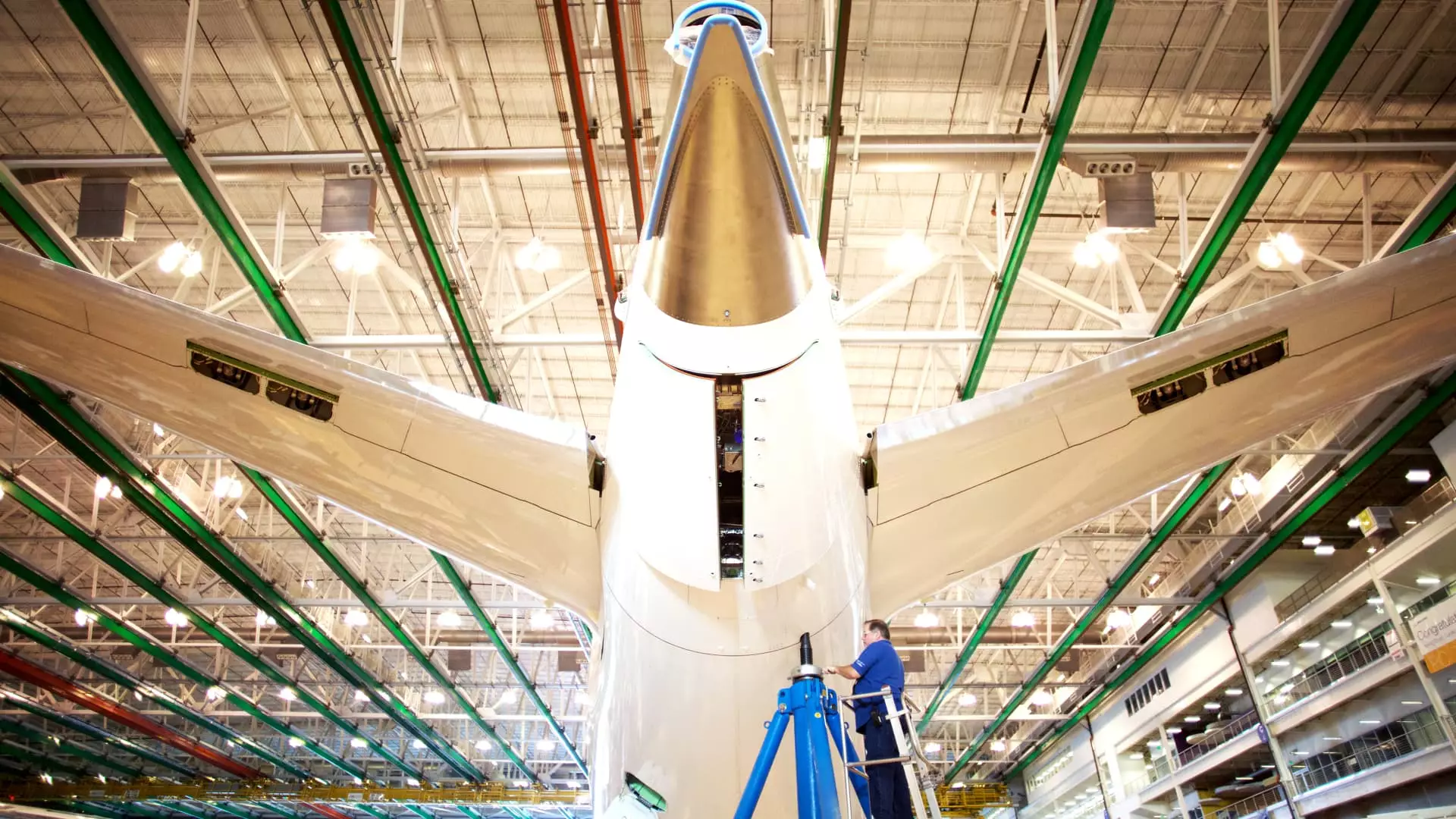Recently, Boeing faced criticism when one of its engineers, Sam Salehpour, made allegations regarding the quality and safety testing on the 787 Dreamliner and 777 aircraft. Salehpour claimed that Boeing took “shortcuts” to speed up production, putting excessive stress on airplane joints that could potentially reduce the lifespan of the planes. These allegations have raised concerns about the safety culture at Boeing and have led to increased scrutiny of the company’s manufacturing practices.
In response to Salehpour’s claims, Boeing denied the allegations, stating that they were “inaccurate” and reaffirming their commitment to the safety of their planes. The company defended its safety testing practices, highlighting the rigorous testing procedures conducted on the 787 and 777 aircraft. Boeing emphasized the importance of ensuring the quality and long-term safety of its planes, stating that the issues raised by Salehpour have been thoroughly examined under FAA oversight.
Boeing engineering managers provided insights into the stress and safety tests conducted on the 787 Dreamliner, including subjecting the plane to 165,000 cycles, each equivalent to a flight, under varying conditions. Additionally, the fuselage skin was tested by a 300-pound pendulum to assess its durability. The engineers emphasized that extensive damage tests were carried out on fuselage panels to ensure that the structural integrity of the planes remains intact over several decades of service.
Salehpour’s allegations focused on the assembly of the 787’s carbon composite fuselage, highlighting concerns about the joining techniques used by Boeing. He mentioned that the company applied force to join the fuselage pieces and failed to properly measure the gaps, potentially compromising the structural integrity of the aircraft. Salehpour’s lawyers sent a letter to the FAA detailing these allegations, prompting an investigation into Boeing’s manufacturing practices.
Furthermore, Salehpour’s lawyers alleged that Boeing retaliated against him for speaking out by excluding him from meetings and transferring him off the 787 program onto the 777 plan. This raises questions about the company’s approach to handling internal concerns and the importance of fostering a culture that encourages employees to report safety issues without fear of retribution.
The allegations made by Salehpour have shed light on the importance of maintaining rigorous safety testing practices in the aerospace industry. While Boeing has defended its safety protocols, the scrutiny faced by the company highlights the need for transparency and accountability in ensuring the safety of passengers and the longevity of aircraft. It is crucial for aerospace manufacturers to prioritize quality assurance and address concerns raised by employees to uphold the highest standards of safety in aviation.


Leave a Reply